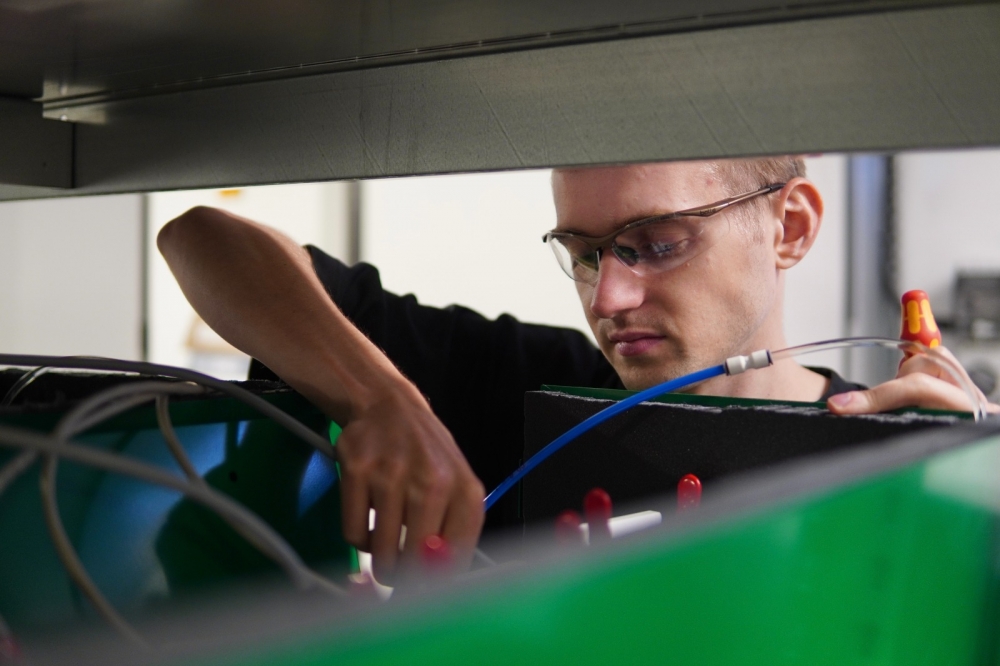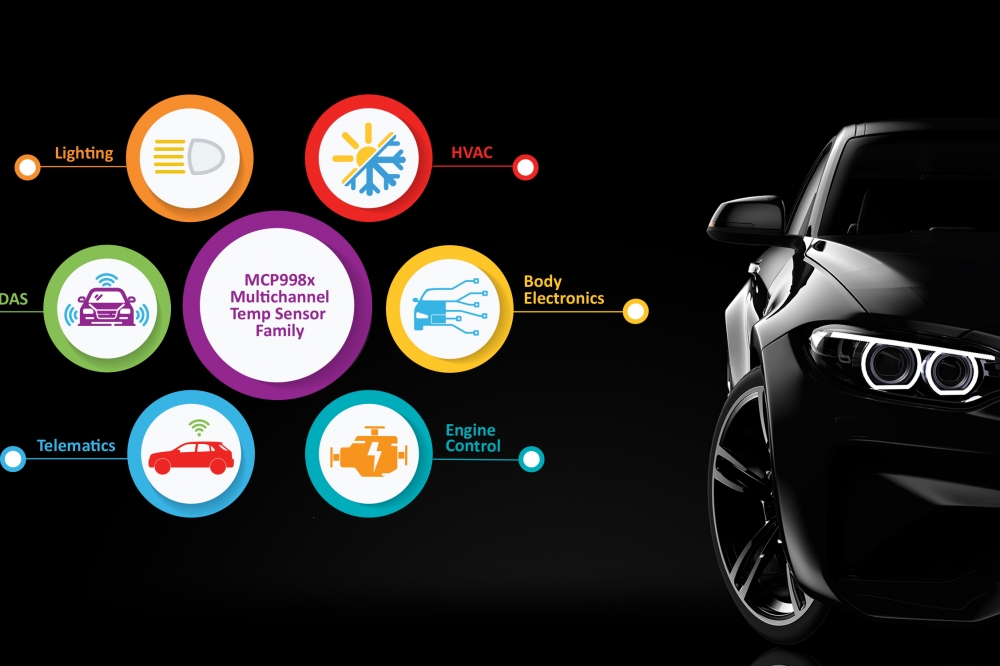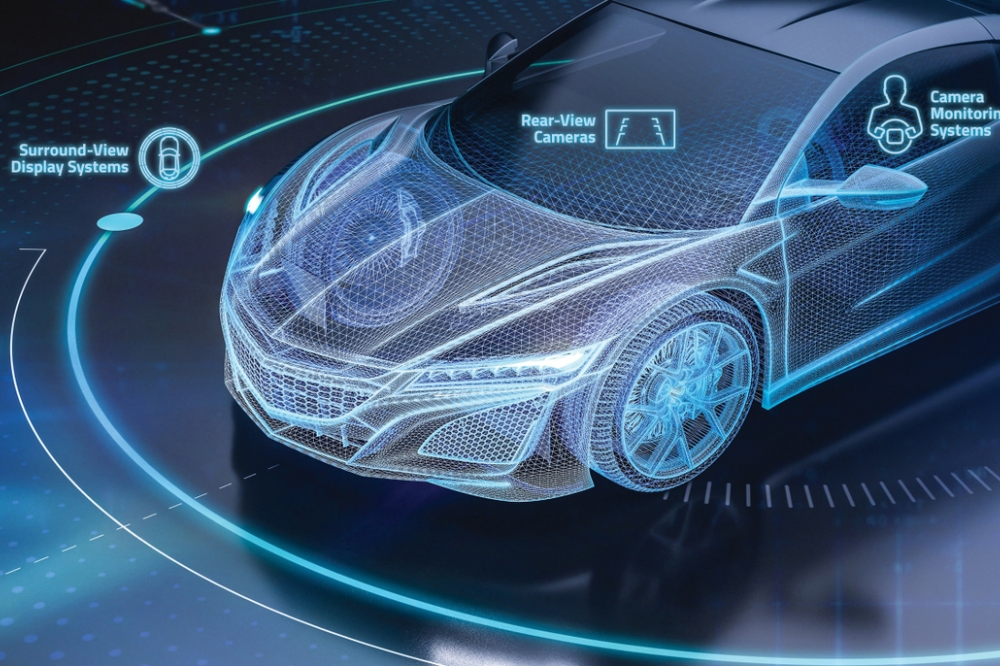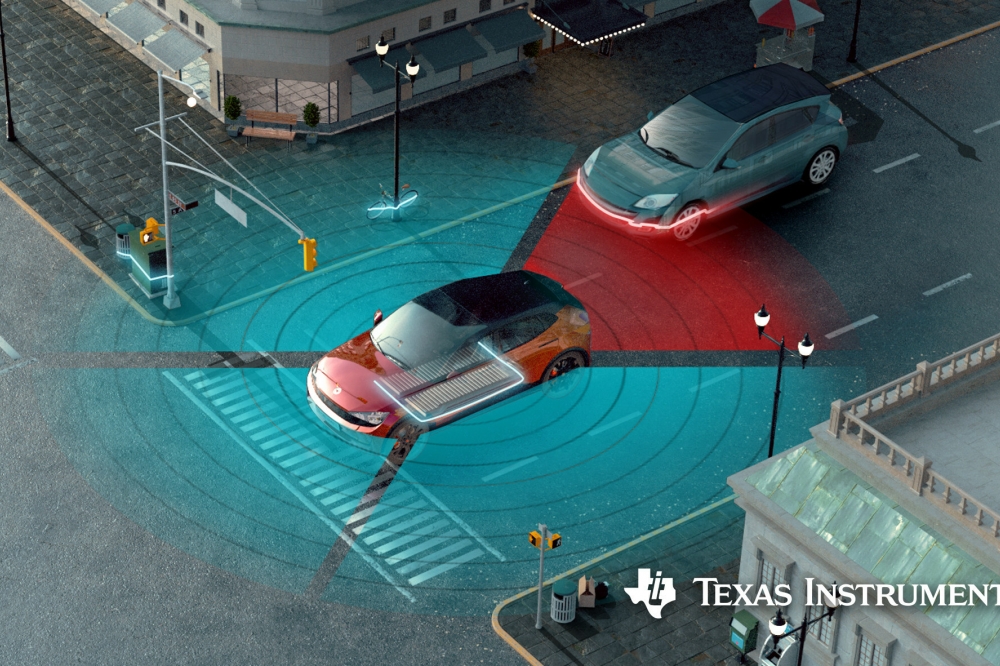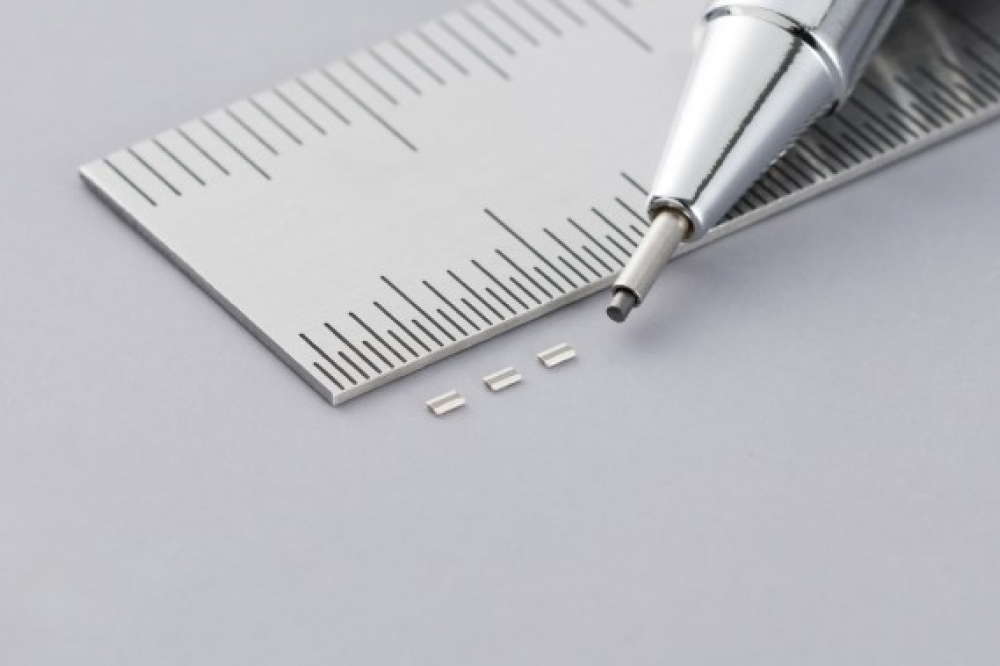Polestar develops Innovative and Sustainable Solutions for car interiors
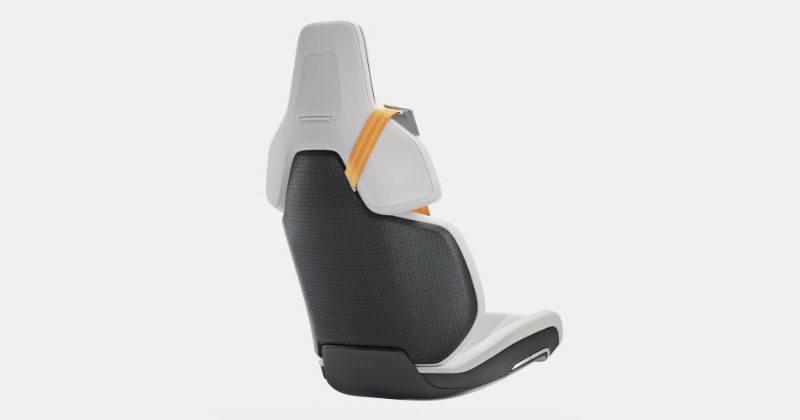
Following in the footsteps of the vegan interior featured as standard in the Polestar 2, Polestar identifies its next steps towards full-circle sustainability for its vehicles.
Working with specialists in the field, the contemporary electric performance brand is aiming to reduce weight, cut plastic content and lessen waste material with innovative natural and recycled source materials.
“It’s clear that to be truly sustainable we have to evaluate every element that goes into our cars,” said Thomas Ingenlath, Polestar CEO. “For Polestar, sustainability is not just about the electric powertrain. With the development of these innovative new solutions that we will introduce in our future cars we make a strong statement of our intentions.”
Bcomp’s revolutionary powerRibs and ampliTex technologies could turn natural fibres into lightweight and safety-conscious interior panels for future production models within the Polestar range. The composite utilises flax, which differs from many bio-materials as it is both ideal for use in crop rotation programmes and does not directly compete with food crops.
With up to 50% reduction in overall weight and an 80% reduction in plastic content compared to traditional interior panels, Bcomp enables a significant weight saving by being not only stronger but also lighter than traditional plastics used in car interiors.
A 3D-knit material, well-known in the fashion and active footwear industries, can be implemented as seating surfaces to reduce waste and promote recycled material sources. A single thread is used to produce a three-dimensional individual component in its entirety and the base material is 100% recycled yarn derived from PET bottles. Waste is removed in the production process since the material is made exactly to size with no off-cuts.
The wine and fishing industries can also contribute towards Polestar’s quest for full-circle sustainability, with cork and fishing nets being recycled and incorporated within car interiors. Waste material from the cork manufacturing process and even whole bottle stoppers can be integrated into PVC interior componentry. Recycled Nylon 6, derived from discarded fishing nets, can be turned into woven carpets and is gathered through an international collection network to infinitely regenerate this material and accept returned end-of-life products from customers and consumers.
“Importantly, we don’t need to sacrifice design and luxury with these materials,” said Maximilian Missoni, hHead of Design at Polestar. “If anything, they enable even more premium, cutting-edge, modern and stylish executions which elevate our design-led products. It also presents a positive challenge, giving new meaning to interior design. We are able to derive new aesthetics from new contexts and technologies, allowing society to move on.”
These advances in interior technology build on the brand’s sustainability message already highlighted by the standard vegan interior in Polestar 2. They also reinforce the brand’s commitment to meaningful sustainability in all that it does, including the expected Gold LEED-rated Chengdu manufacturing plant.
Polestar develops Innovative and Sustainable Solutions for car interiors
Modified on Tuesday 11th February 2020
Find all articles related to:
Polestar develops Innovative and Sustainable Solutions for car interiors


 Add to my Reading List
Add to my Reading List Remove from my Reading List
Remove from my Reading List